
10 Productive Vegetable Gardening Tips For Fresh Veggies All Year Long
Published: 20/01/2023 | Updated: 07/05/2023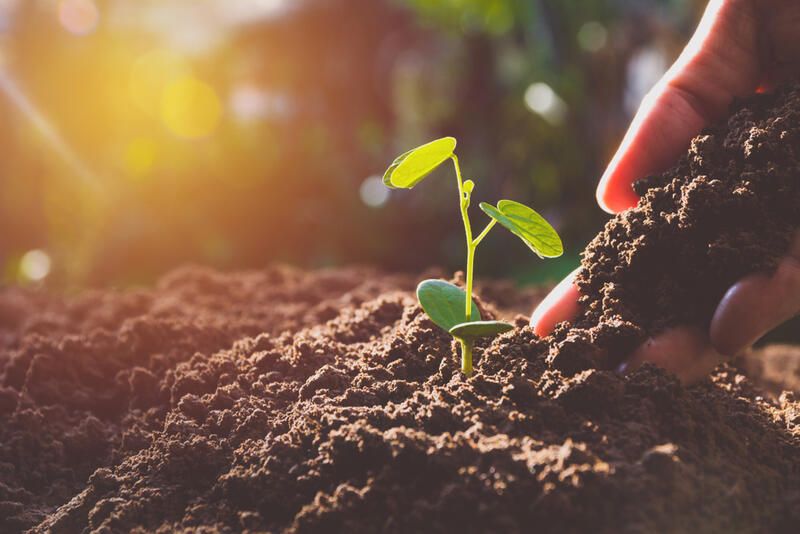
"How do I keep my garden productive all year long?" is a question that we often hear from our plant lovers. It might seem like a dream for many to have a productive vegetable garden because what's not to love about harvesting edibles and enjoying your hard-earned food?


However, having a continuously productive vegetable garden is not an impossible feat. All you need is a little bit of patience, the right tools, and an eye for detail.
Here are 10 tips that will help make your garden produce year-round, so you can have fresh veggies on your dinner table anytime!
1. Plant Perennials
This might seem like the obvious solution, but if you're looking to cut down on the amount of time that you spend gardening each year, perennial plants are your best choice.
Many types of fruit trees, berry bushes, and grape vines are perennials that will regrow from the same spot year after year. This means that you'll be able to reap the benefits of your hard work for years on end without having to plant new crops each season.
Perennial plants are also good for the environment because they don't require replanting and require much less maintenance. Just be sure to add fertilizers to your garden planner as they'll help you boost your soil's fertility and replenish nutrients.
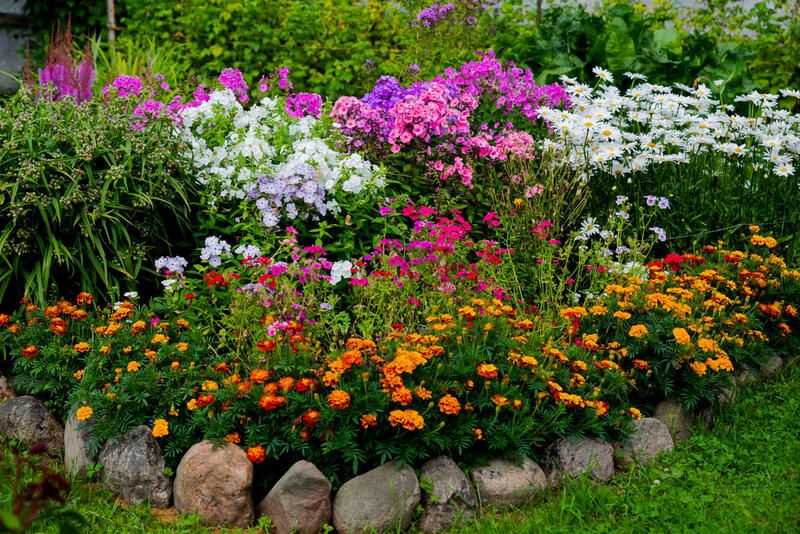
2. Practice Companion Planting
In case you didn't know, companion planting is a technique that involves planting certain plants together to help each other grow.
Many people practice companion planting to support the growth of healthy produce.
Some examples of companion planting are:
-
Marigolds can be planted alongside tomatoes to keep pests away from the tomatoes.
-
Parsley can be planted with carrots to improve growth and flavor.
-
Nasturtiums are planted with winter squash and melons as a natural deterrent for insects that are attracted to these veggies.
-
Pole beans or green beans with carrots or cucumbers.
3. Use Raised Beds
If you're new to vegetable gardening, then a raised bed is the perfect way to get started.
Raised beds are easy to build, and they help you reduce the growing season considerably. Better yet, they keep your plants off the ground, which means they also suppress weeds.
Plus, they help you control water and nutrient levels more easily, which means noticeably better growth overall.
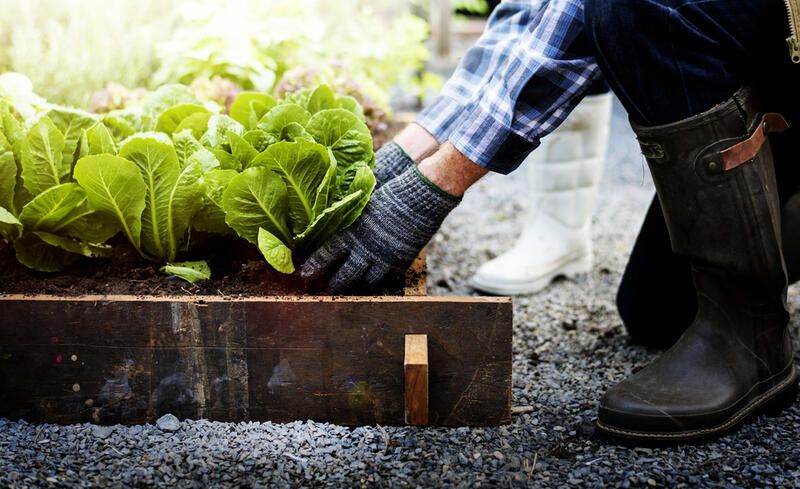
4. Start Young Plants Indoors
The earlier you start your plants, the more time they have to grow and develop before going outdoors. It's best to start them in March or early April so that they can get a head start on their growing season.
To help new growth thrive indoors, use seedling heat mats to keep them warm and moist.
If there's not enough natural sunlight in your home, supplement it with artificial light. And don't over-water young plants—they should be watered only when their soil feels dry on the top inch (2 centimeters).
5. Use Cloches
Cloches are a great tool for protecting cool-weather crops from frost, especially when you're growing in an area that gets particularly cold.
These glass or plastic covers can be placed over the plant to keep it warm and safe. Just make sure that if you're using a cloche, you don't cover your plant too tightly because this will block out light and air and cause the plant to die back.
If your climate is very humid or rainy, then there's also a risk of mold formation from condensation building up inside the cloche!
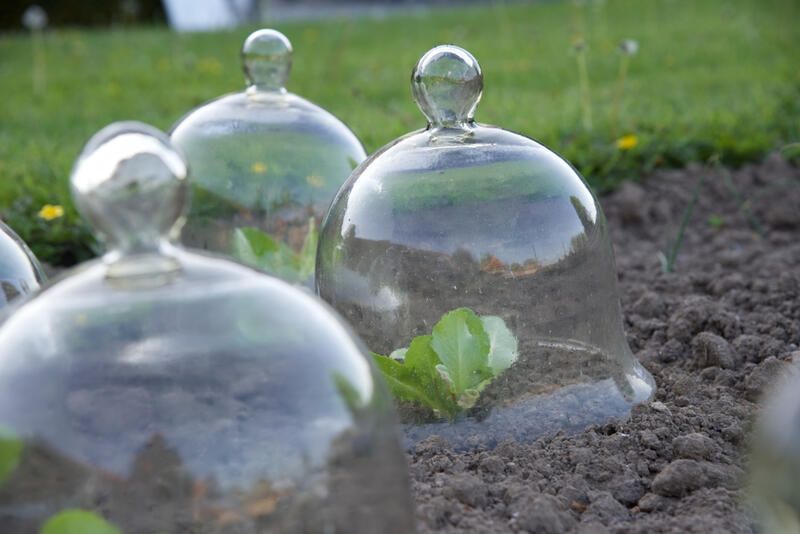
6. Grow Continual Producers
If you’re looking to grow your food garden, you're going to want some plants that produce all year.
While most gardeners think of the growing season as spring and summer, many vegetables can be harvested through fall and winter.
This means that if you plant several crops of the same plant, your harvest will last longer than if you just planted one. It also means that as long as you keep harvesting, you’ll have a steady supply of fresh vegetables throughout the year.
Some examples are:
-
Beets
-
Carrots
-
Cabbage
-
Radishes
-
Zucchini
-
Squash
-
Okra
-
Cucumber
-
Pole Beans
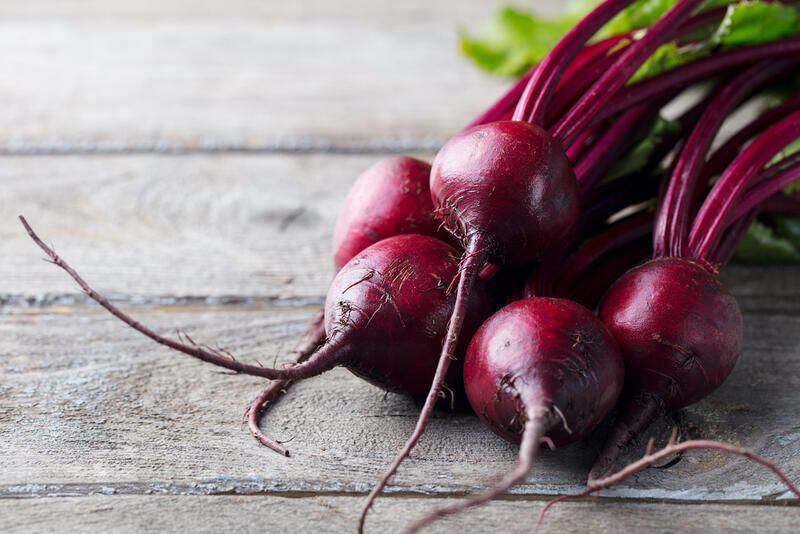
7. Calculate Your Growing Season.
If you know how long your growing season is, you can make the most of it. For example, if you live in an area with a short growing season (i.e., less than 180 days), then chances are that many fruiting plants won't be able to produce fruit before they die from cold weather or lack of sunlight.
However, by understanding your own climate's growing season and planning accordingly, you can extend the harvest time for many vegetable plants such as tomatoes, root vegetables, and peppers by planting them in pots on windowsills or patios where they get enough light to keep producing fruit throughout autumn and winter!
8. Fill Your Garden with Nitrogen-Loving Crops in the Fall
To ensure a bountiful harvest of fresh vegetables in spring, you want to make sure your soil is rich in nutrients.
N-P-K are the three main nutrients that plants need to grow, and nitrogen is one of them—but it's important to know how much is needed for each species of plant.
Nitrogen is found throughout the soil naturally in small amounts, but over time it can be depleted from your garden bed if you don't replenish it with compost or manure.
This nutrient helps plants grow large and produce lots of leaves (which means more veggies!), so it's important that when you're planting a vegetable garden this fall, you add nitrogen-loving crops like beans, peas, or corn!
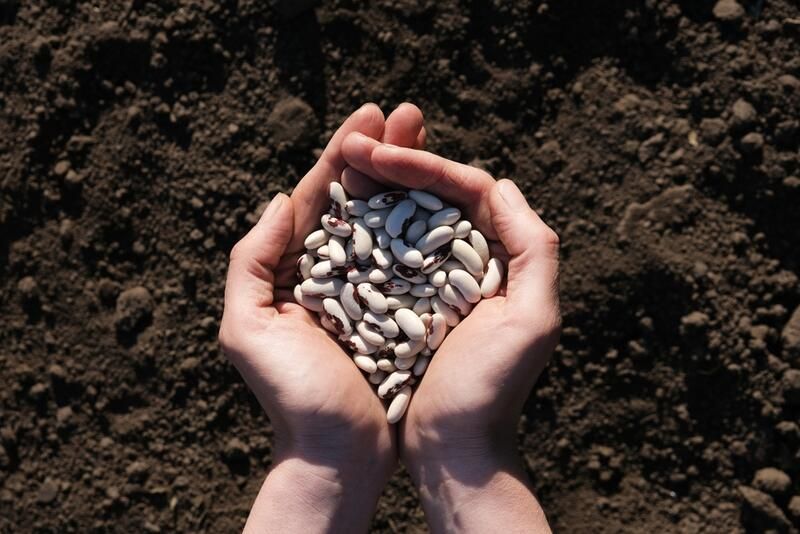
9. Use Organic Matter to Help Your Soil Retain Moisture
Want to keep your soil moist? Start with the right soil structure. You want loose, well-drained soil that will retain water and nutrients for your plants.
Organic matter like compost can help with this, as can mulching—but not just any kind of mulch! If you’re using inorganic mulches like gravel or black plastic, be sure they aren’t blocking the sun from reaching your plants so they don’t dry out too quickly during summer (this is especially important if you live in a drought area).
Organic materials like straw or grass clippings are ideal because they decompose over time, adding organic matter back into the soil as they break down.
10. Practice Succession Planting For Salad Leaves and Other Shade Tolerant Plants
Succession planting is a method of crop rotation that allows you to grow several crops with only one plot of land.
The basic idea is that you plant one crop, harvest it when it's ready, and then plant another crop in the same place while the soil is still warm and fertile.
In other words: once your plants mature (which takes about 2 months), remove those plants from their growing beds and make way for new seeds or seedlings—which will mature faster because they're already in an established bed (fertile soil).
This means you can enjoy fresh greens all year long by planting different varieties of the same plant throughout the season.
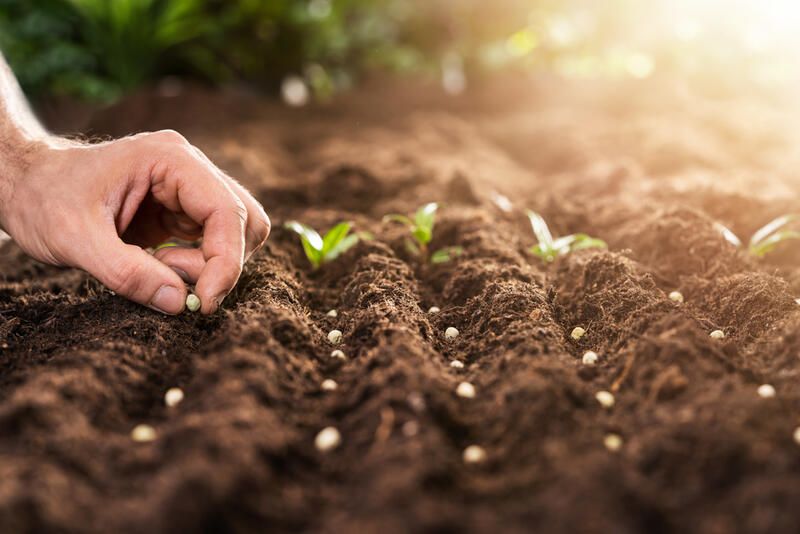
(Bonus) 11. Have a Plan For Pests and Diseases
Insects, pests, and disease control are ongoing battles, but it's one you can win if you're properly prepared.
Have a plan for dealing with pests and diseases, but don't panic too much if you get them.
Some gardeners will tell you that a garden with pests and diseases is an indicator that your soil isn't healthy enough and needs more organic matter or better drainage (and they may be right), but there are other reasons why your plants can fail in their first year of life.
Here are some:
-
The plants are stunted because they were planted too late or at the wrong time of year.
-
You didn't water them enough during their first few weeks out of the ground.
-
Your seeds are old and weak.
Keep working at it! You'll learn more each year as your experience grows. If all else fails (and it sometimes does), weeding out the stunted plants (e.g., expired cool weather crops) gives new one's room to grow properly.
It also doesn't hurt to replenish your soil with organic matter such as compost or manure now and then!
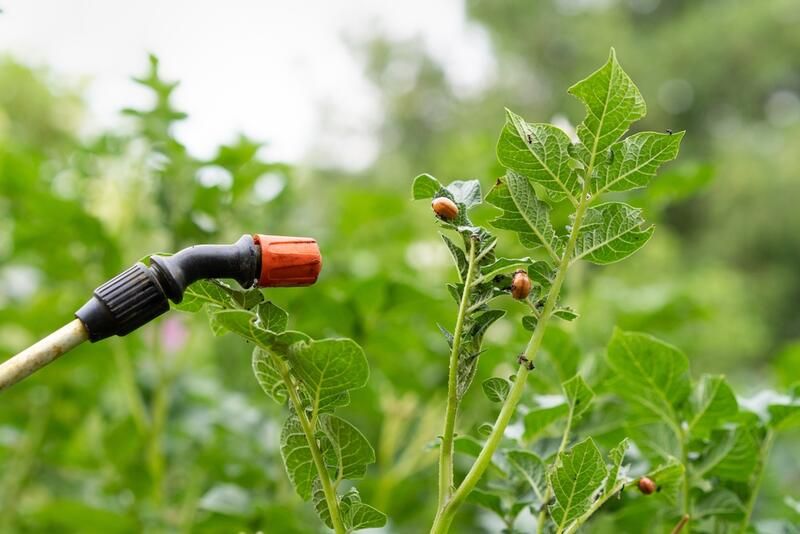
Finally, Keep working at it!
Don't be discouraged if a garden fails to produce as much as you'd hoped the first time around. Vegetable gardening is a long-term investment in your health and peace of mind.
Gardening takes patience, but it will be worth all of your hard work when you can sit down to enjoy the fruits of your labor with family or friends.
And as you can see, there are many ways to get more food in your garden. Whether you choose to take on the challenge of growing vegetables or not, it's always good advice to eat fresh and healthy foods.
And if you find yourself in need of advice, don't hesitate to contact ShrubHub for a free consultation from our plant experts! You can also check out our 70% discounts on 3D landscaping services!


